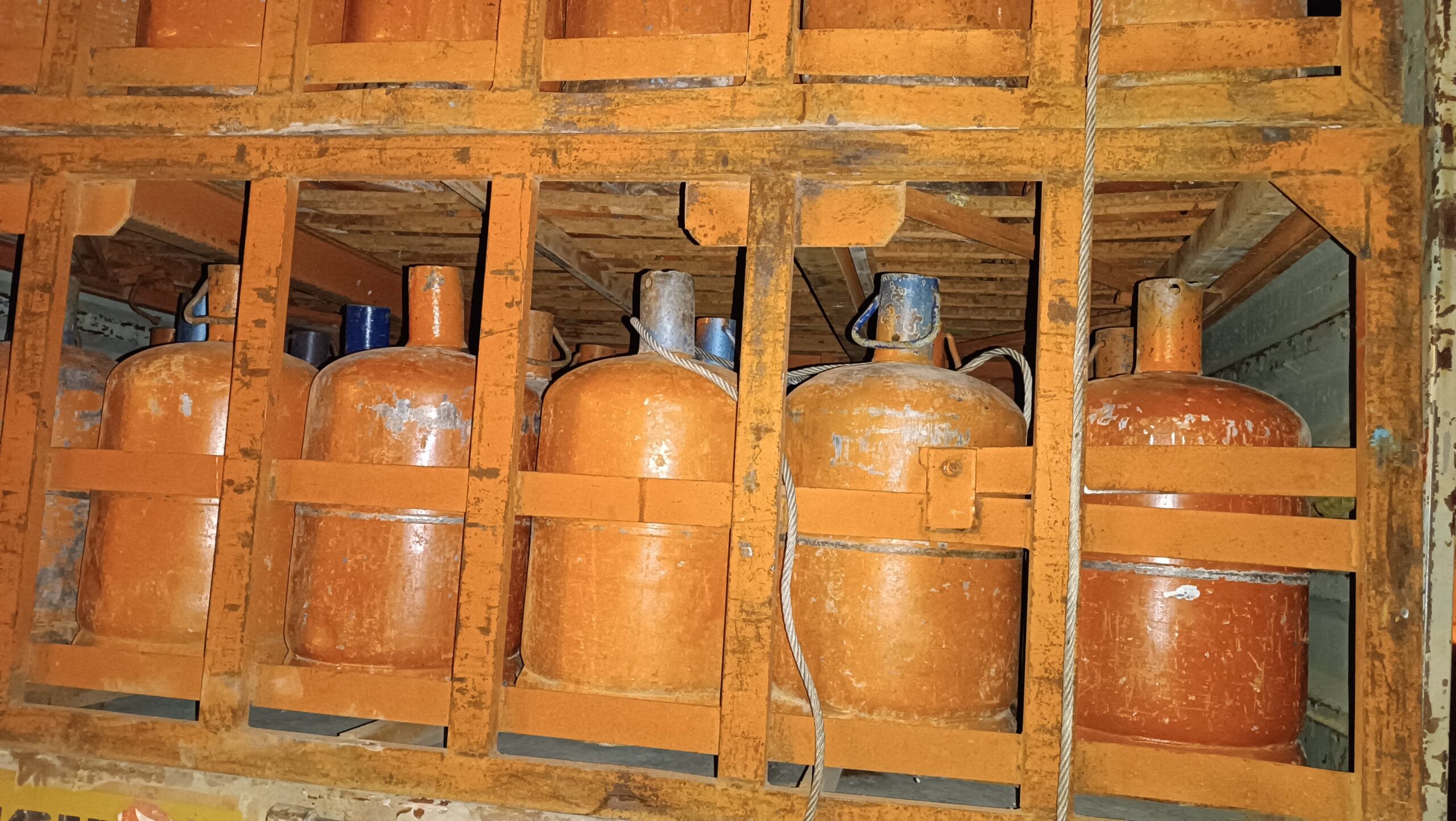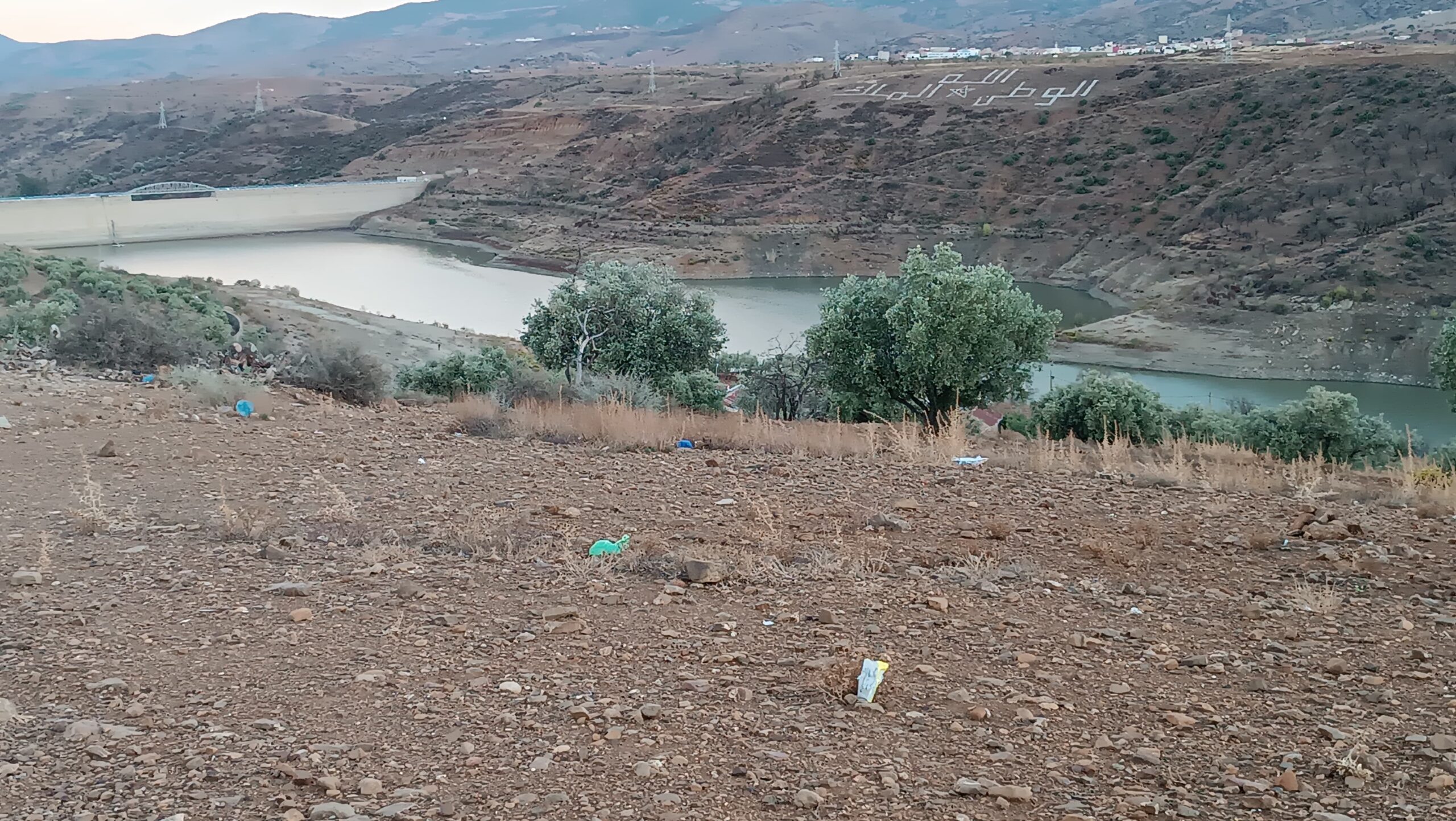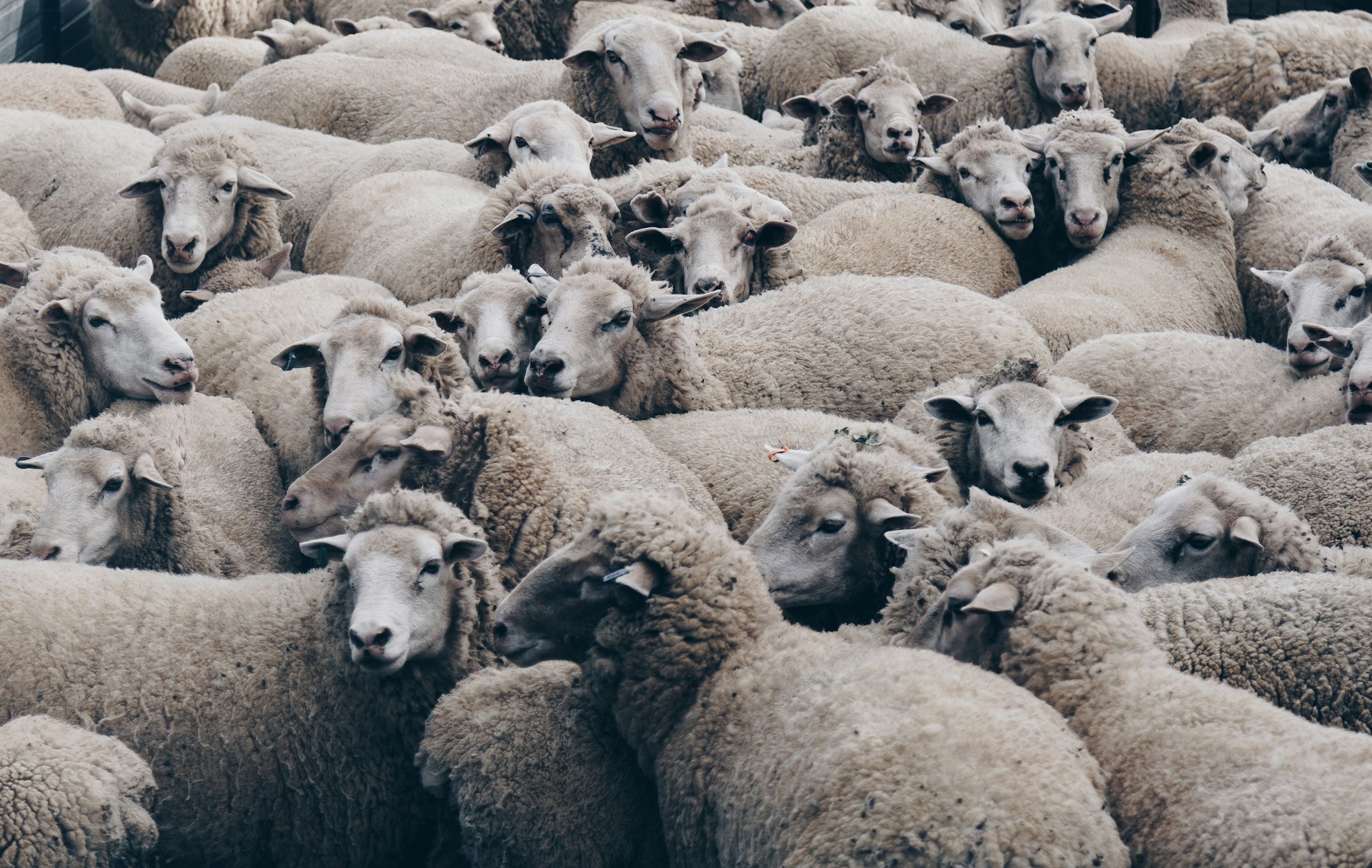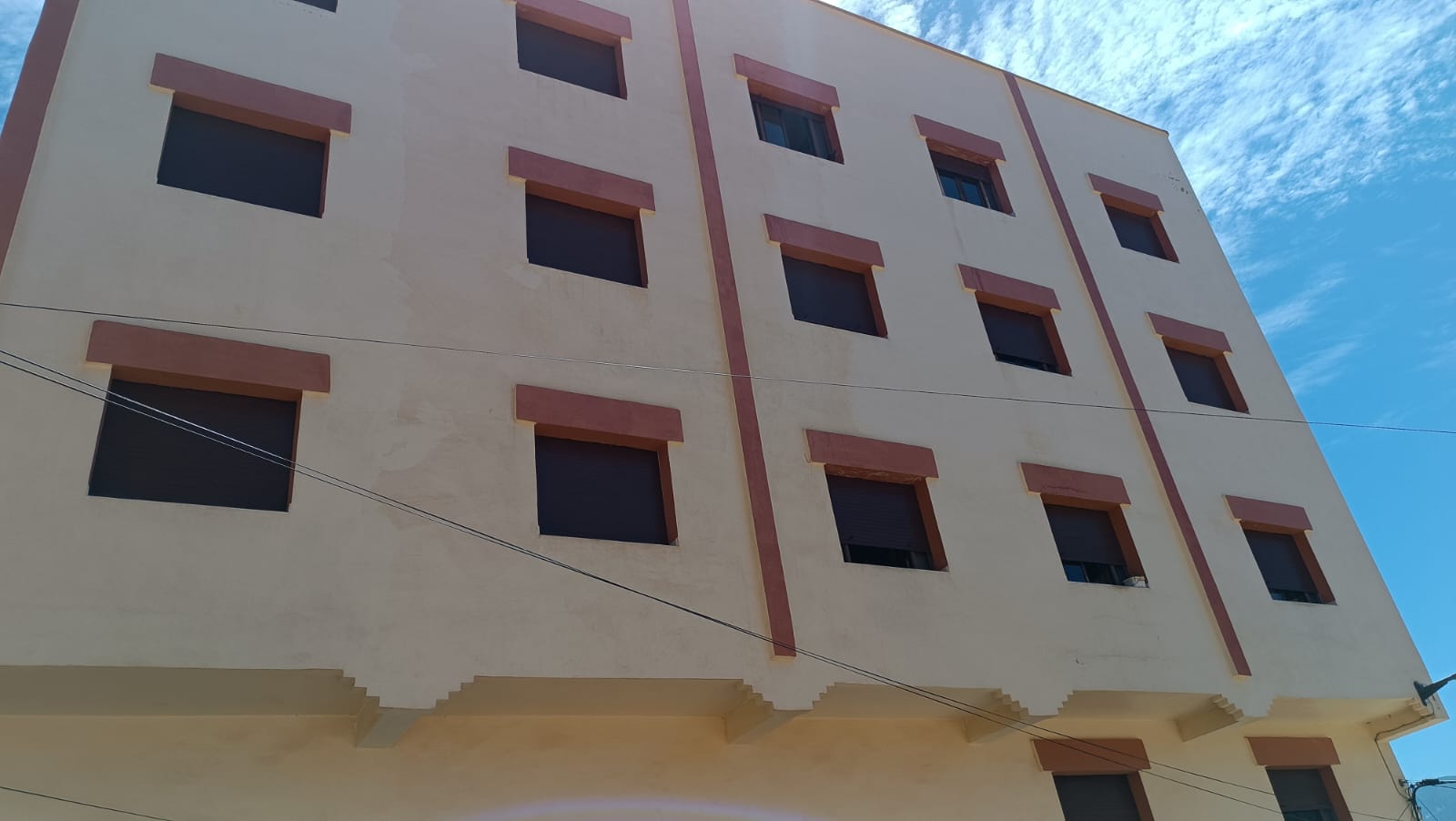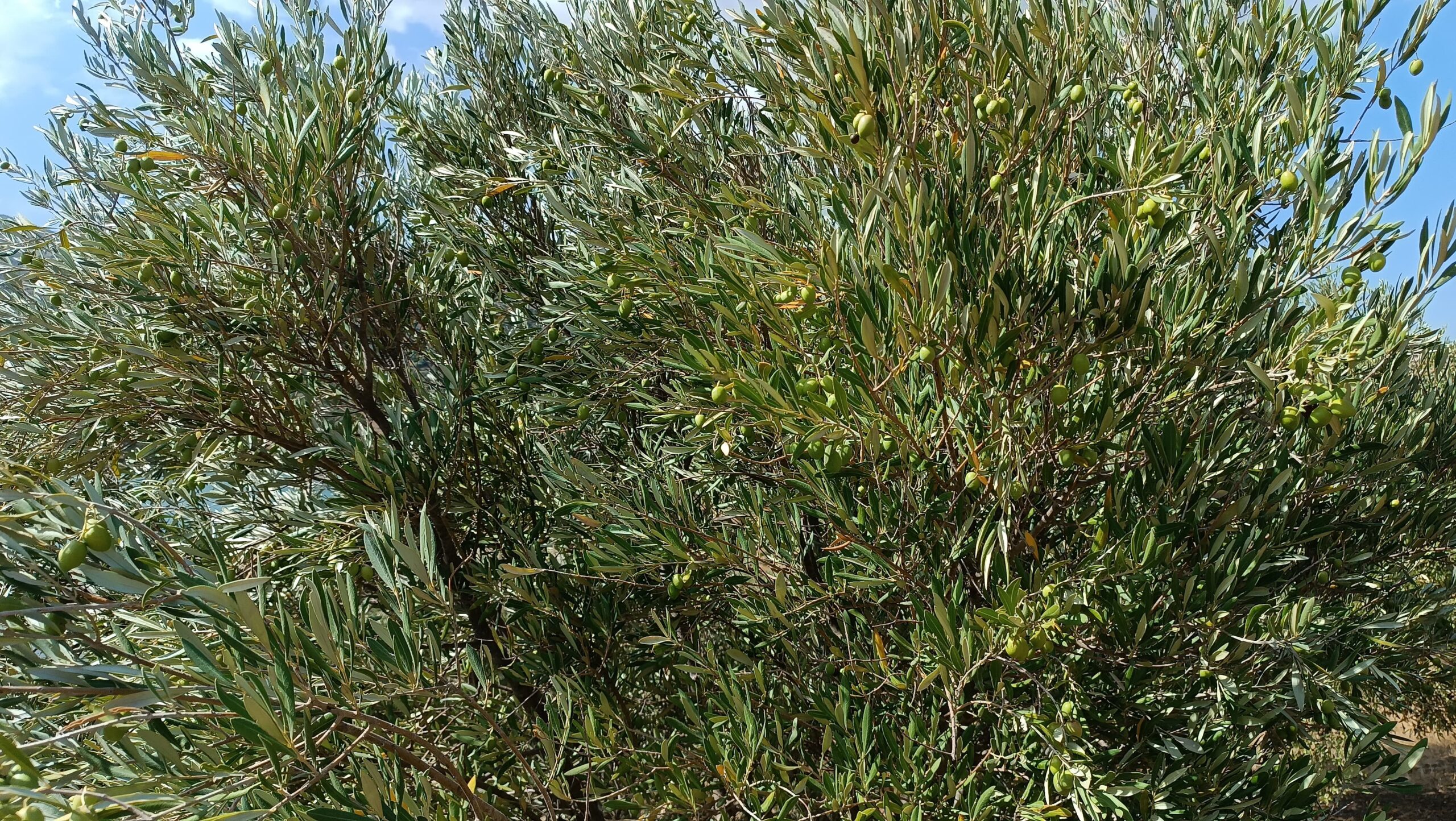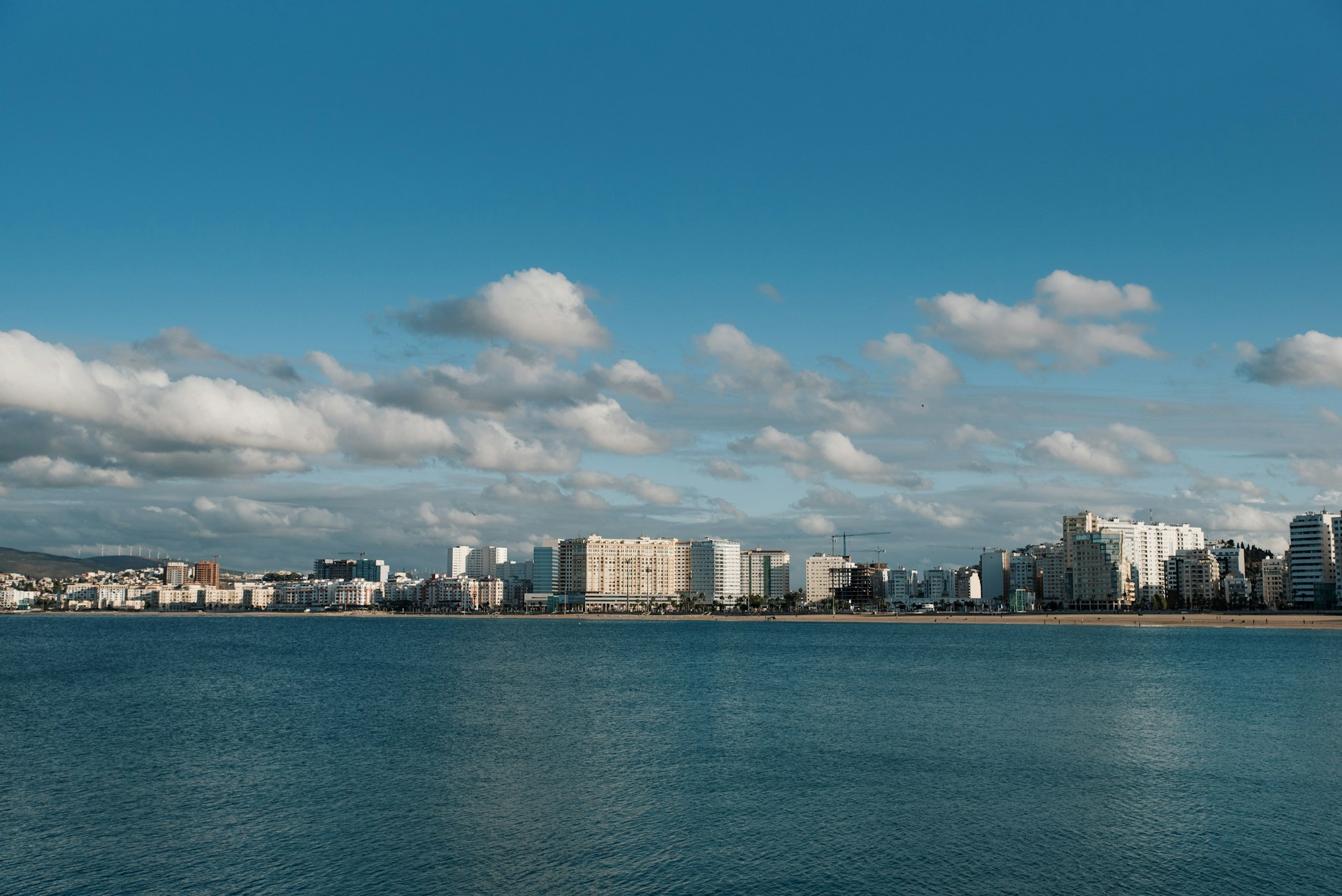Casablanca – Morocco continues to provide significant financial support for essential commodities such as butane gas, flour, and sugar, in a bid to stabilize domestic prices and shield citizens’ purchasing power. According to a report from the Ministry of Economy and Finance, released alongside the 2025 Finance Bill, the government’s subsidies remain critical, despite rising international prices and the effects of drought on local agriculture.
Butane gas support
Even after the price of a 12-kilogram butane gas cylinder increased by 10 dirhams ($1.03) in May 2024, government support remained strong. Between January and August 2024, the state provided an average subsidy of $6.49 per cylinder, marking a 9% reduction from the previous year. Despite this, the overall cost of supporting butane gas reached approximately $1.08 billion during the same period.
Sugar subsidies
The government also boosted its efforts to stabilize sugar prices, despite rising production costs and agricultural challenges. To encourage local sugar production, the flat-rate subsidy for refined sugar was increased by 27%, reaching $0.37 per kilogram. Between January and August 2024, the total cost of supporting refined sugar reached $317 million, a 15% rise compared to the same period in 2023.
To counterbalance the drop in local white sugar production, Morocco offered additional subsidies for raw sugar imports, amounting to $0.22 per kilogram from January to August 2024. The overall cost of raw sugar imports during this period was around $139 million, marking a 10% increase from the previous year. In total, subsidies for refined and raw sugar reached $463 million, a 13.36% increase compared to 2023.
Flour and wheat subsidies
Soft wheat, a key staple in Moroccan households, continued to receive significant government support. Between January and August 2024, the state maintained its subsidy of $14.5 per quintal of national soft wheat flour, supporting 6.26 million quintals, at a total cost of around $90.7 million. Additionally, the government covered storage and supply costs to boost local production.
Due to drought and rising import costs, Morocco also supported soft wheat imports by maintaining subsidies and suspending customs duties throughout 2024. The average subsidy per quintal of imported wheat was $1.36 between January and August 2024, significantly down from $6.41 in 2023. By the end of August 2024, wheat import subsidies reached $70.8 million, a 69% decrease from the previous year.
Transportation and fuel subsidies
In addition to food subsidies, the government has extended financial support to road transportation to control inflation and stabilize the costs of transporting goods and passengers. Between January and August 2024, $160 million was allocated for road transport subsidies, nearly double the $82.5 million provided during the same period in 2023.
Looking ahead
As Morocco approaches 2025, the government remains committed to maintaining these subsidies to safeguard price stability for essential goods. The 2025 Finance Bill includes a budget of $1.7 billion to continue supporting butane gas, sugar, and soft wheat flour, ensuring that citizens’ purchasing power is protected amidst global and domestic economic pressures.






